In an interview on Tuesday, Qualcomm CEO Steve Mollenkopf commented on the chipmaker's fierce legal feud with Apple, saying that what appears to be an ever escalating international scrum is, at its core, about IP pricing.
Speaking onstage at the Wall Street Journal's D.Live tech conference on Tuesday, Mollenkopf said negotiations over patent licensing fees are at the heart of the matter, reports Fast Company.
"At the end, the important thing to remember is this is fundamentally a discussion about pricing over the fundamental technology that makes the phone the phone," Mollenkopf said. "It comes down to, 'How much are you going to pay?'"
He went on to point out that Qualcomm has "a long history of providing value and settling these issues," suggesting Apple, too, will settle out of court. Certain legal fights get more publicity than others, Mollenkopf added, noting the tussle with Apple is one of those cases, according to CNET.
"I think we'll get through it, we have a very strong product relationship with [Apple]," Mollenkopf said. "We sometimes have these disputes, but you have a broad relationship."
Mollenkopf's statements echo comments made in July. Speaking with Fortune at the Brainstorm Tech conference, the executive said IP pricing is at the core of Qualcomm's dispute with Apple. More specifically, the argument comes down to what companies want to pay for Qualcomm technology, assets Mollenkopf believes kickstarted the smartphone industry.
"But in reality, if you strip it all away, it's really about — we have a contract and people want to pay less under the contract and there's a lot of worldwide maneuvering to try to get that resolved," he said at the time.
In the July interview, Mollenkopf said he expects Apple to settle out of court.
Mollenkopf's most recent comments come just days after Qualcomm filed a series of lawsuits in China looking to block the sale and production of iPhones in the country. If successful, the legal gambit would deal a devastating blow to Apple, whose revenues are intrinsically tied to Chinese suppliers and, to a lesser extent, regional retail sales.
Qualcomm is also seeking to block import and sale of iPhone and iPad models in the U.S. through a separate International Trade Commission complaint.
Apple initiated the legal wrangling with a lawsuit in January that claimed Qualcomm abused its "monopoly power" over the wireless modem industry to demand excessive royalties. Qualcomm's royalty rates are calculated based on whole device value, not per-component. That suit further claims Qualcomm withheld almost $1 billion in promised rebates as retribution for Apple's participation in a South Korean antitrust investigation.
Apple later filed two lawsuits in China over similar allegations.
Qualcomm counter-sued in April and has since asked courts to force Apple contract suppliers who stopped paying royalties earlier this year to continue payments. In August, Qualcomm revealed the Apple case has cause the company to shed 20 percent of its market value
Apple has licensed Qualcomm IP for years as it built the company's modems into iPhone and iPad devices. The Cupertino, Calif., tech giant began to diversify with iPhone 7 by sourcing modems from Intel, a strategy that continues with iPhone 8 and iPhone X.
Tangentially related to Apple's case are ongoing investigations into Qualcomm's monopolistic practices. Along with the 2016 South Korean ruling, Qualcomm was most recently slapped with a $773 million fine by the Taiwanese Fair Trade Commission.
 Mikey Campbell
Mikey Campbell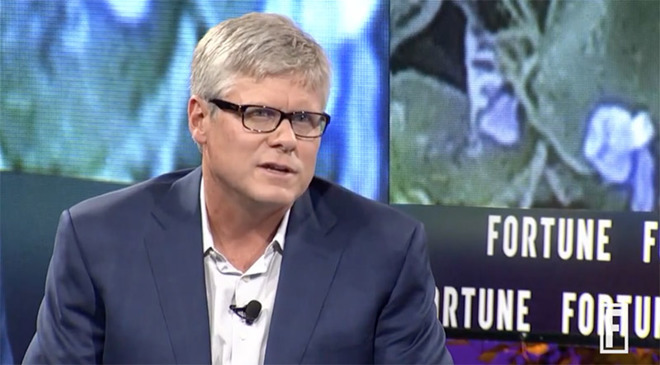


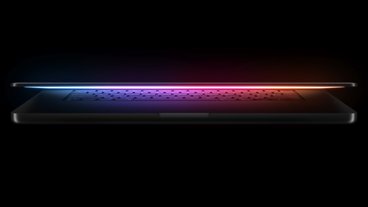

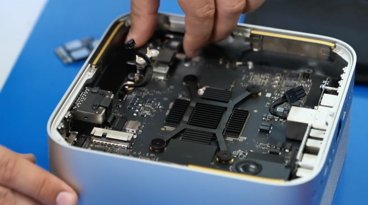








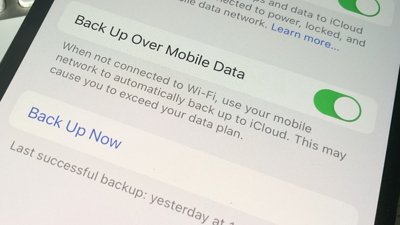
 Malcolm Owen
Malcolm Owen
 Marko Zivkovic
Marko Zivkovic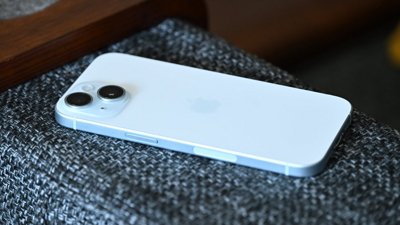
 Andrew Orr
Andrew Orr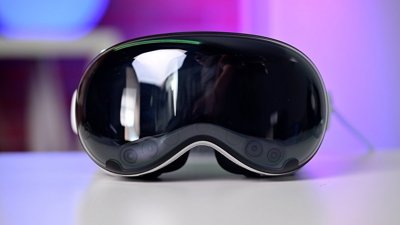
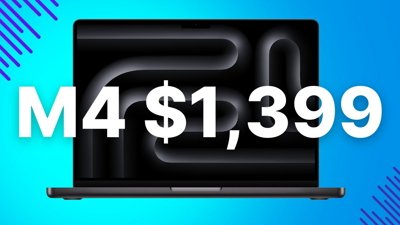
 Christine McKee
Christine McKee
 Andrew O'Hara
Andrew O'Hara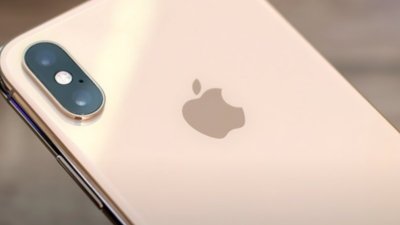










31 Comments
This statement about it coming down to “IP pricing,” and the assertion that “Qualcomm technology... kickstarted the smartphone industry” reminds me of a former president who made a claim about basic infrastructure being responsible for the success of entrepenuers like Steve Jobs. Sure, roads and electric grids and such are necessary for a Bill Gates or Steve Jobs or Larry Ellison to create the businesses they created, but that infrustructure was available to everyone and not everyone created a Microsoft or Apple or Oracle.
The underlying technology that Qualcomm had under patent at the time the modern smartphone took form (i.e. the form first introduced by the iPhone and since copied by all others; multitouch, no physical keyboard or scroll wheel, etc) was available to any and all who would have wanted to employ it, and yet only Apple created the form factor and UX that we take for granted as a smartphone today. Qualcomm is a bit disingenuous in suggesting they or their technology somehow should get credit for having kickstarted the smartphone industry.
Complete horseshit as usual from the manure men (Mad men (sic), but the with the added stink...).
Totally ignoring the total war waged against them all around the world (and the many losses).
Extorting people when they got nowhere to go to buy your industry standard widget that only became a standard because you promise to not do this shit is not a disagreement on price, it's like calling a war a disagreement on line drawing on maps...
Apple having to both pay twice for the same IP, and then pay IP on the whole device cost despite it being a standard IP, would not occur unless extortion would be at play: that has nothing to do with : just pricing. It's this abuse of power that pissed off Apple to no end.
to pay and in the case of Apple is forced to pay many many times (more than 3 times) the price it should be paying is not a simple
disagreement about pricing.
It's plainly wanting to bring you down for good as a menace to society, once you got the gun off your temple.
Apple, Samsung and I'm guessing many others wants to maim you and cut you down, for what they did... That's a long way from a disagreement on pricing, that's revenge.
Pricing of IP on basis of percentage of final retail price of an end product is NOT FAIR. How can the cost of IP be $5 for a low priced Android selling at $100 while it costs $50 for a high priced iOS selling at $1000.
If that’s the basis, why not priced your IPs at dealer price of your own chip then??????